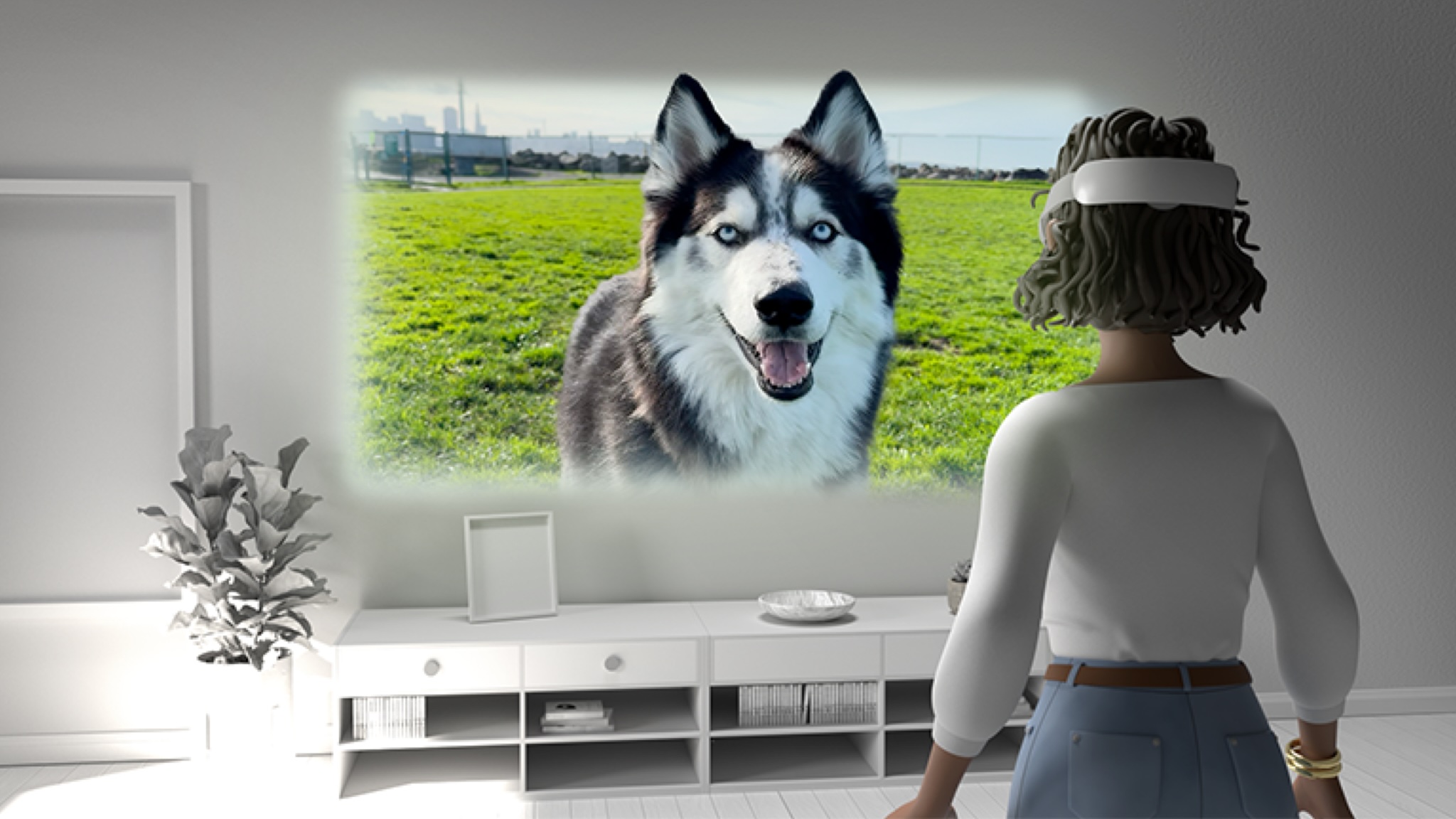Meta Quest can also perform one of Vision Pro’s neatest tricks
You won't need to buy Apple's expensive headset to see your family in spatial video


As the Apple Vision Pro launches in the US today, you can expect to see a lot of people sharing their favourite features online – and one of those features will undoubtedly be spatial video, which you can record on an iPhone 15 Pro or Pro Max and then view in something close to 3D. It's very clever, very emotional and very coming to the Meta Quest 3 too.
Meta has announced that the imminent v62 software update for the Quest 3 will steal some of Apple's thunder by adding support for iPhone 15 spatial video. You'll be able to upload your recordings via the Meta Quest app on your phone, and those stereoscopic videos will then be converted to make them Quest-friendly.
As someone with terrible vision and even more terrible finances, Apple's Vision Pro is not the headset for me – but I do have FOMO when it comes to spatial video. So the prospect of being able to see my family memories in three dimensions for a fraction of the cash is very appealing. And as spatial video recording comes to more devices, such as the non-pro iPhone 16, it looks like the Quest just got a lot more attractive to Apple users.
What is spatial video and what phones can record it?
Spatial video is stereoscopic: it uses two lens simultaneously to record, and the gap between those lenses enables the phone to create video that appears somewhat three-dimensional when you view it with a suitable display. The display needs to have two screens to recreate the effect, which means VR headsets but not smartphones.
The result isn't completely 3D, but it adds depth to what would otherwise be a two-dimensional recording and feels more realistic as a result. And while there are lots of applications for it, the most popular one is likely to be making home movies even more affecting.
For now it's limited to the iPhone 15 Pro and iPhone 15 Pro Max, but if early renders of the iPhone 16 are accurate its repositioned camera lenses would be capable of recording spatial video on non-Pro models too. That would mean a lot more spatial video being recorded, so Meta's move to support the format now is very smart.
Get all the latest news, reviews, deals and buying guides on gorgeous tech, home and active products from the T3 experts
Writer, musician and broadcaster Carrie Marshall has been covering technology since 1998 and is particularly interested in how tech can help us live our best lives. Her CV is a who’s who of magazines, newspapers, websites and radio programmes ranging from T3, Techradar and MacFormat to the BBC, Sunday Post and People’s Friend. Carrie has written more than a dozen books, ghost-wrote two more and co-wrote seven more books and a Radio 2 documentary series; her memoir, Carrie Kills A Man, was shortlisted for the British Book Awards. When she’s not scribbling, Carrie is the singer in Glaswegian rock band Unquiet Mind (unquietmindmusic).
